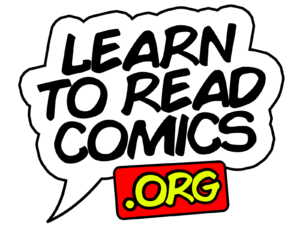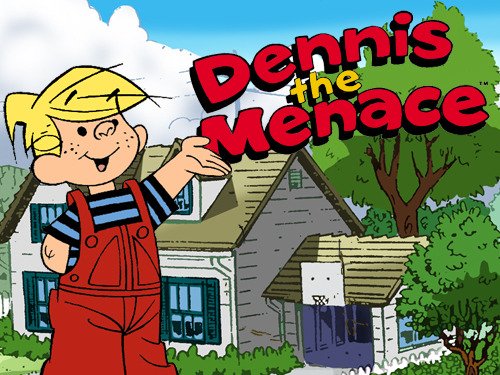Long gone are the days when comics used to be restricted or banned in schools and educational institutions. All the latest research and studies point out that comics help to develop the interest of reading in young children. In an article by Thomas (2013), reading comprehension and other vital life skills are also significantly enhanced by reading comics and graphic novels.
For children with learning disabilities, comic strips (even the basic Sunday comics) provide a visual way to learn the sequencing of events. This helps children extract useful information and keep track of what’s transpiring in the mini story. In addition, comics also help students develop a self inspired interest for reading in a fun way.
According to The Examiner, “Using a Main Idea Comic Strip is a fun and creative way for students to keep track of information while learning how to extract out what is important.”
Experts in children’s literature and professors are also advocating the use of comic books in classrooms. This ever-growing group of people believe that comics should be given the same preference as regular books or any other reading material that is used in a hoslistic classroom.
Carol L. Tilley, a prominent professor at the University of Illinois states, “If reading is to lead to any meaningful knowledge or comprehension, readers must approach a text with an understanding of the relevant social, linguistic and cultural conventions… if you really consider how the pictures and words work together in consonance to tell a story, you can make the case that comics are just as complex as any other kind of literature.”
For people who are still sceptical about the use of graphic novels, this observation from Teaching with Graphix’ might alter your opinion.
Graphic novels, “require readers to be actively engaged in the process of decoding and comprehending a range of literary devices, including narrative structures, metaphor and symbolism, point of view, and the use of puns and alliteration, intertextuality, and inference” (para. 3)
If you don’t know where to start, you can head to any public library and see the vast collection of comics available there. Comic book stores also offer some promotions and some even hold an annual ‘Free comic book day’ events. This is a great way to get hands on your first copy.
Download and View Full Academic Article [PDF, 95K]
If you are an organized learning program, you can also contact LearnToReadComics. If your organization qualifies, we can facilitate not only a generous donation of appropriate comic books and graphic novels, but also include notebooks, pencils, erasers and dictionaries for your program. These services are provided at no charge. Yes, Free.
Email: info@LearnToReadComics.org
Reference:
Thomas, J. (2013), Comic Books Help Students Learn To Read Improves Comprehension,
The Center for new discoveries in learning, Inc., Retrieved from: https://www.howtolearn.com/2013/04/comic-books-students-learn-read-improves-comprehension/

